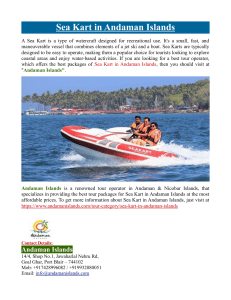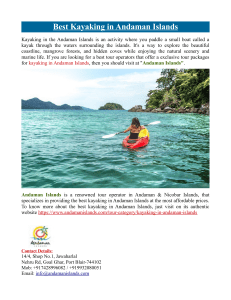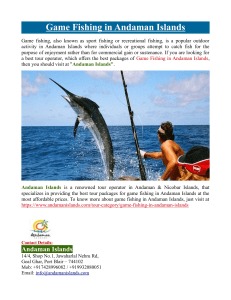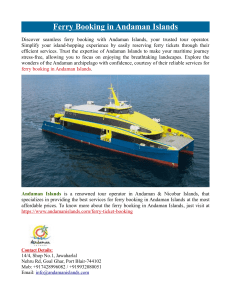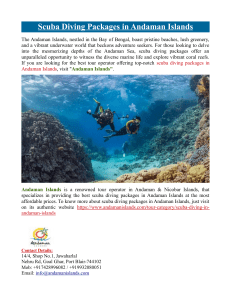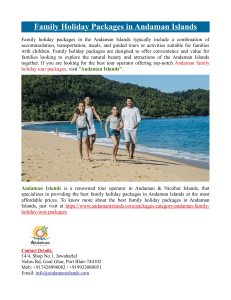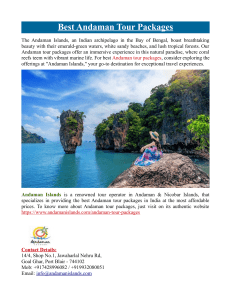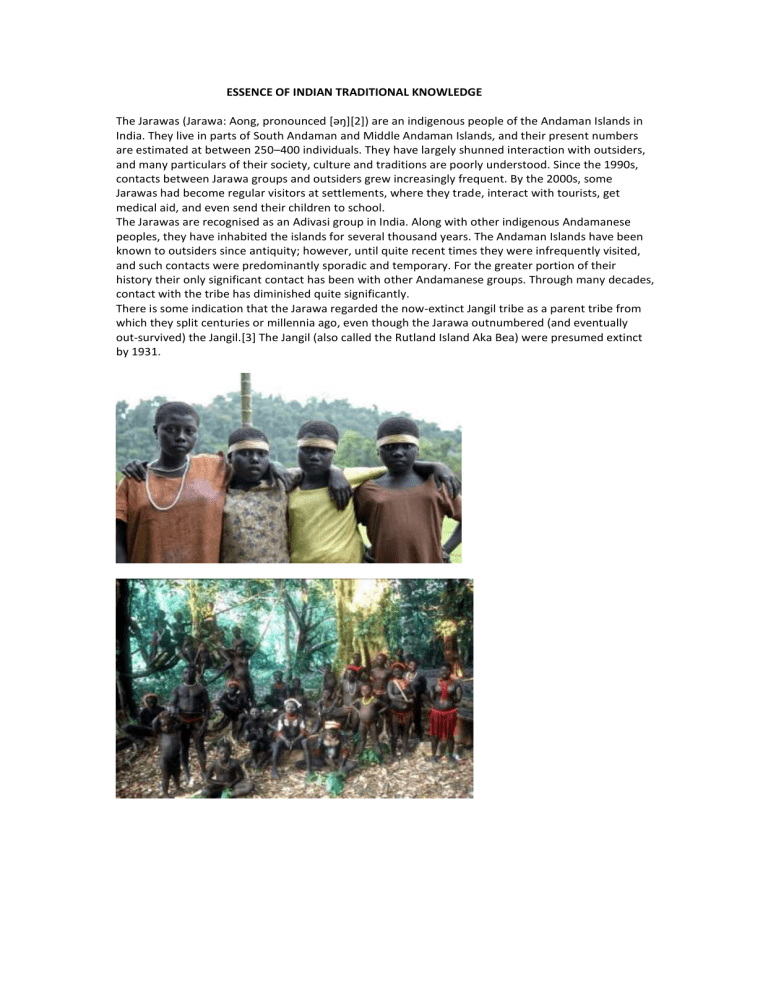
ESSENCE OF INDIAN TRADITIONAL KNOWLEDGE The Jarawas (Jarawa: Aong, pronounced [əŋ][2]) are an indigenous people of the Andaman Islands in India. They live in parts of South Andaman and Middle Andaman Islands, and their present numbers are estimated at between 250–400 individuals. They have largely shunned interaction with outsiders, and many particulars of their society, culture and traditions are poorly understood. Since the 1990s, contacts between Jarawa groups and outsiders grew increasingly frequent. By the 2000s, some Jarawas had become regular visitors at settlements, where they trade, interact with tourists, get medical aid, and even send their children to school. The Jarawas are recognised as an Adivasi group in India. Along with other indigenous Andamanese peoples, they have inhabited the islands for several thousand years. The Andaman Islands have been known to outsiders since antiquity; however, until quite recent times they were infrequently visited, and such contacts were predominantly sporadic and temporary. For the greater portion of their history their only significant contact has been with other Andamanese groups. Through many decades, contact with the tribe has diminished quite significantly. There is some indication that the Jarawa regarded the now-extinct Jangil tribe as a parent tribe from which they split centuries or millennia ago, even though the Jarawa outnumbered (and eventually out-survived) the Jangil.[3] The Jangil (also called the Rutland Island Aka Bea) were presumed extinct by 1931. SOURCE : https://en.wikipedia.org/wiki/Jarawas_(Andaman_Islands) Submitted by Garlapati Siva Kishore 20BCB7057
